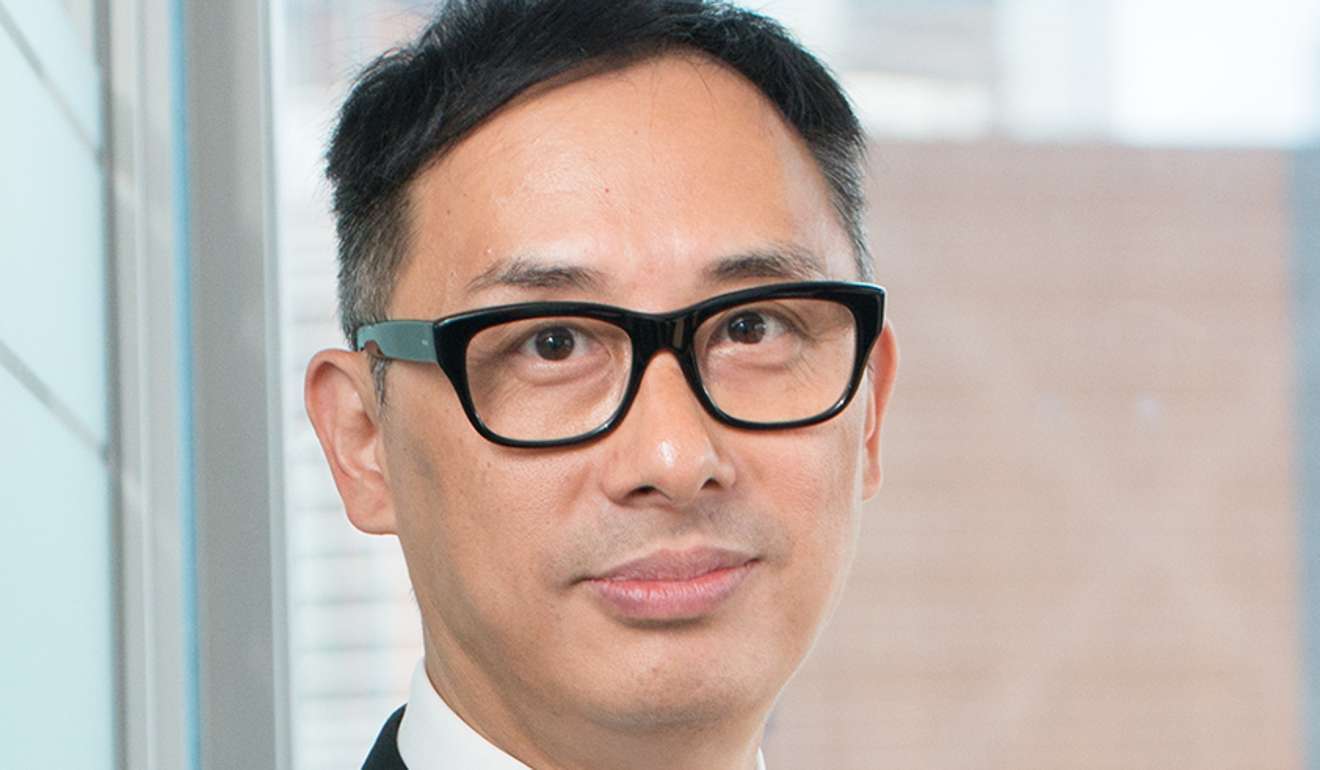
Global accountancy firms develop ‘one-stop service’ consultancy roles for changing technology, emerging markets and integrated strategies
Firms expand digital and business monitoring services beyond traditional audit, tax and merger advice
As China’s business and financial landscape continues to evolve, the major global accountancy firms also find their own role and responsibilities changing. They still, of course, provide all the essentials in terms of audit, compliance, internal controls, and risk management.
But as the operations and ambitions of clients become more complex, it is also important to play the part of all-round business consultant, ready to leap in with advice and solutions on anything from regulation and investment options to emerging technology and overseas tax regimes.

In particular, he notes the rise of data analytics as a tool with the potential to overturn the usual corporate approach to sales, marketing, staffing and much else. When analysed effectively, big data reveals trends, patterns and connections, especially relating to human behaviour and interactions, which can change the direction or focus of a business.
“With access to this type of data, offering insights into things like customer purchasing and seasonal variations, we can help clients make better strategic decisions,” Tong says. “Technology is causing disruption in many different industries and changing the way we approach our assignments.
Streamlined data-entry processes and specialist software is one aspect, but it also means we can provide value-added services for clients facing new challenges with blockchain, cloud computing, digital strategies and cyber security.”

For Anthony Leung, EY’s assurance leader for Hong Kong and Macau, a notable development is that mainland-based clients now expect good value propositions and a “one-stop service”. Ideally, that will include traditional audit and tax needs and, when necessary, high-powered advice on mergers and acquisitions, the broader regulatory environment, and schemes for expansion or diversification.
“Client needs are evolving and becoming increasingly complex, which requires us to have relevant industry knowledge and to keep innovating,” Leung says. “Equally important, though, is to stay alert at all times in order to avoid situations where potential conflicts can arise affecting our professional interest and independence.”
It comes down, he adds, to a continuing search for performance improvement and, with that, opportunities for growth. And while digital innovation and data analytics may be getting much of the attention at present, it is worth remembering that audit procedures, risk assessment and deal-making ultimately depend on personal experience and collective expertise.
We have switched from being just auditors and now need a whole spectrum of skills, knowledge and service offerings to help clients cope with an increasingly complex business environment
According to Jim Woods, PwC global risk assurance leader, China’s expanding economy obliges accountants to have a broad appreciation of how businesses operate across different legal and political jurisdictions.

“But the global – and increasingly digital – economy is borderless, so we also need to change our operating model accordingly,” Woods says. “We can no longer function as a series of territory-based practices operating in silos. Therefore, my role is becoming more about connecting people across our network and bringing in the best talent to address client needs.”
Against this background, one major challenge is helping clients monitor services provided by third parties, given the rise in outsourcing contracts. Another is advising the many companies now turning to the cloud as a cost-efficient solution for their varying technology needs. Any discussion of the topic has to cover industry-specific regulations and data privacy concerns plus cyber security threats and vulnerabilities.
A third challenge can be new rules affecting financial services, labour practices or employee welfare at local or national level. And a fourth can be ensuring that clients coming to terms with the pace of change don’t suffer reputational risks by taking short cuts, inadvertently or otherwise.
“In other respects, the demand for assurance or, more broadly, for trust-related services has never been greater,” Woods says.
“We also see opportunities emerging in completely new areas, where we can leverage our core competencies to address areas of public concern.”
Examples include food safety and, related to climate change and sustainability, “green” bond financing and investments.

“Over the past five years, the confluence of several technologies has begun to pose a threat to well established business models,” Stuckert says.
“But our know-how in data analytics, digital process automation and artificial intelligence enable us to analyse our clients’ businesses more rapidly and from more points of view. Companies that get emerging technologies right will be able to improve existing operations, explore new business models, and have a defining advantage.”
